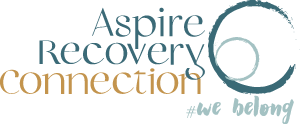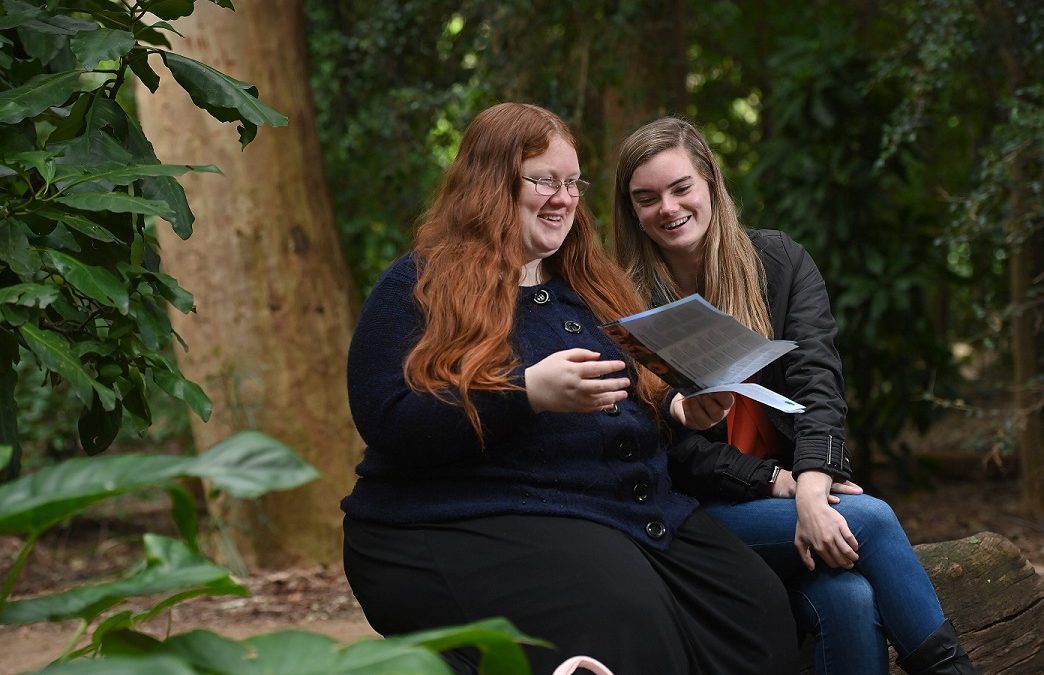The !0th of October is World Mental Health Day and the whole month of October is celebrated as ‘Mental Health Month’ in Australia. Whilst I am passionate about opening up conversations in our community around mental and emotional wellbeing, I do not want to subscribe to a dialogue that pathologizes experiences of distress and normal human emotions and buys into a medical model of ‘mental illness’. As Eleanor Langdon so eloquently put it ‘The relevant question in psychiatry shouldn’t be “What’s wrong with you?” but rather “What happened to you?”’.
This year the theme for World Mental Health Day is ‘Mental health is a universal human right’, fair enough, no arguments here. What we also need to say though, “it’s normal”. We need to not only say “we accept you” but more importantly “it’s normal, what you are experiencing, is a normal human experience, you’re not diseased, there’s nothing wrong with you, you don’t have an illness, you’re just experiencing very real, human suffering’. When our ‘right to mental health’ is evasive, it doesn’t mean we’re ill, it doesn’t mean we have a genetically predisposed condition (genes for mental ill health are yet to be found), it means life has been difficult, whether in our past or our present and as Dr Lucy Johnston explains in the Power Threat Meaning Framework, unusual thoughts, feelings and behaviours in response to abnormal and traumatic life events is a very normal human reaction.
The issue I have when we talk about ‘mental health awareness’ in our society, is we so often come from a western medical perspective. We tell people ‘its ok to say you’re not well, its ok to ask for help, its ok to have a label’. It is ok to say you’re not well, you’re struggling, you’re in incredible pain, you need help but I don’t in fact think its ok to give people labels to explain their emotional pain. Living with deep sadness and debilitating fear (as I have and sometimes still do), having difficulty trusting people and their intentions, feeling unsafe in our body, having unique experiences of voice hearing or vision seeing, these are all very real and often very scary things. We SHOULD talk about them, we should reach out with love, compassion and support for people who are experiencing them. What we shouldn’t do is link the very real need for compassion, connection, love and support with the need to diagnose, label and automatically medicate (without exploring all options). This World Mental Health Day lets shout from the rafters “MENTAL HEALTH IS A UNIVERAL HUMAN RIGHT’ and so too is the right to be seen as a human being in pain, rather than a diagnostic label.
Dannielle Bament



Recent Comments